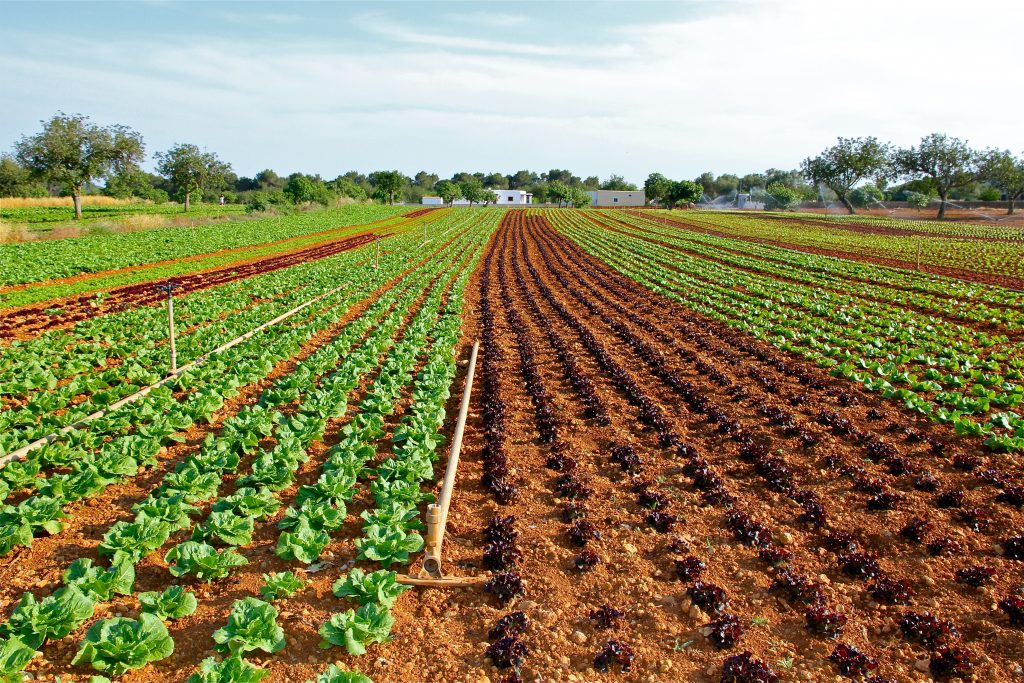Study finds vegetable supply could fall by more than a third by 2050
19th June 2018
A new study suggests that vegetable supply could fall by more than a third globally by 2050 if more is not done to protect the environment. Despite previous research showing
A new study suggests that vegetable supply could fall by more than a third globally by 2050 if more is not done to protect the environment.
Despite previous research showing raised levels of carbon dioxide would increase crop yields, this latest study identified for the first time that these potential yield benefits are likely to be cancelled out in the presence of simultaneous changes in other environmental exposures.
The study, researched by the London School of Hygiene & Tropical Medicine, estimates that the environmental changes predicted to occur in water availability and ozone concentrations would reduce average yields of vegetables and legumes by 35 per cent by 2050 and 9 per cent to the end of the century.
The report states that environmental changes, including climate change, water scarcity and biodiversity loss, are predicted to become more profound through the 21st century, posing significant challenges to global agriculture, food security and nutrition.
While there is growing evidence that predicted future changes in temperature and rainfall will lead to significant reductions in the yields of many staple crops such as rice and wheat, the impacts on vegetables and legumes are largely unknown.
Dr Pauline Scheelbeek, lead author at LSHTM, said: “Our study shows that environmental changes such as increased temperature and water scarcity may pose a real threat to global agricultural production, with likely further impacts on food security and population health.”
Professor Alan Dangour, senior author at LSHTM, said: “We have brought together all the available evidence on the impact of environmental change on yields and quality of vegetables and legumes for the first time.
“Our analysis suggests that if we take a ‘business as usual’ approach, environmental changes will substantially reduce the global availability of these important foods.”
He continued: “Urgent action needs to be taken, including working to support the agriculture sector to increase its resilience to environmental changes and this must be a priority for governments across the world.”
The full study can be found at: http://www.pnas.org/content/early/2018/06/05/1800442115

